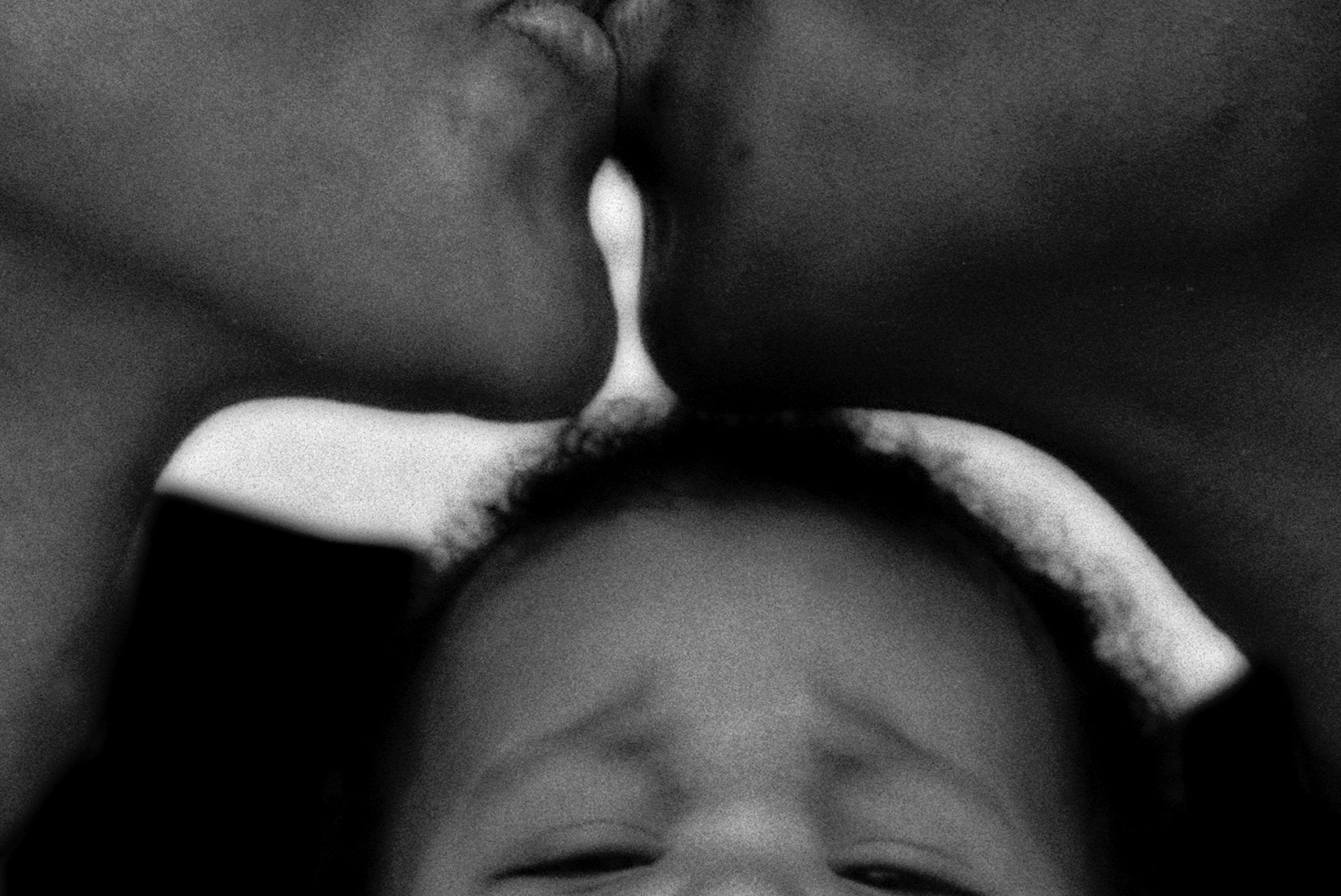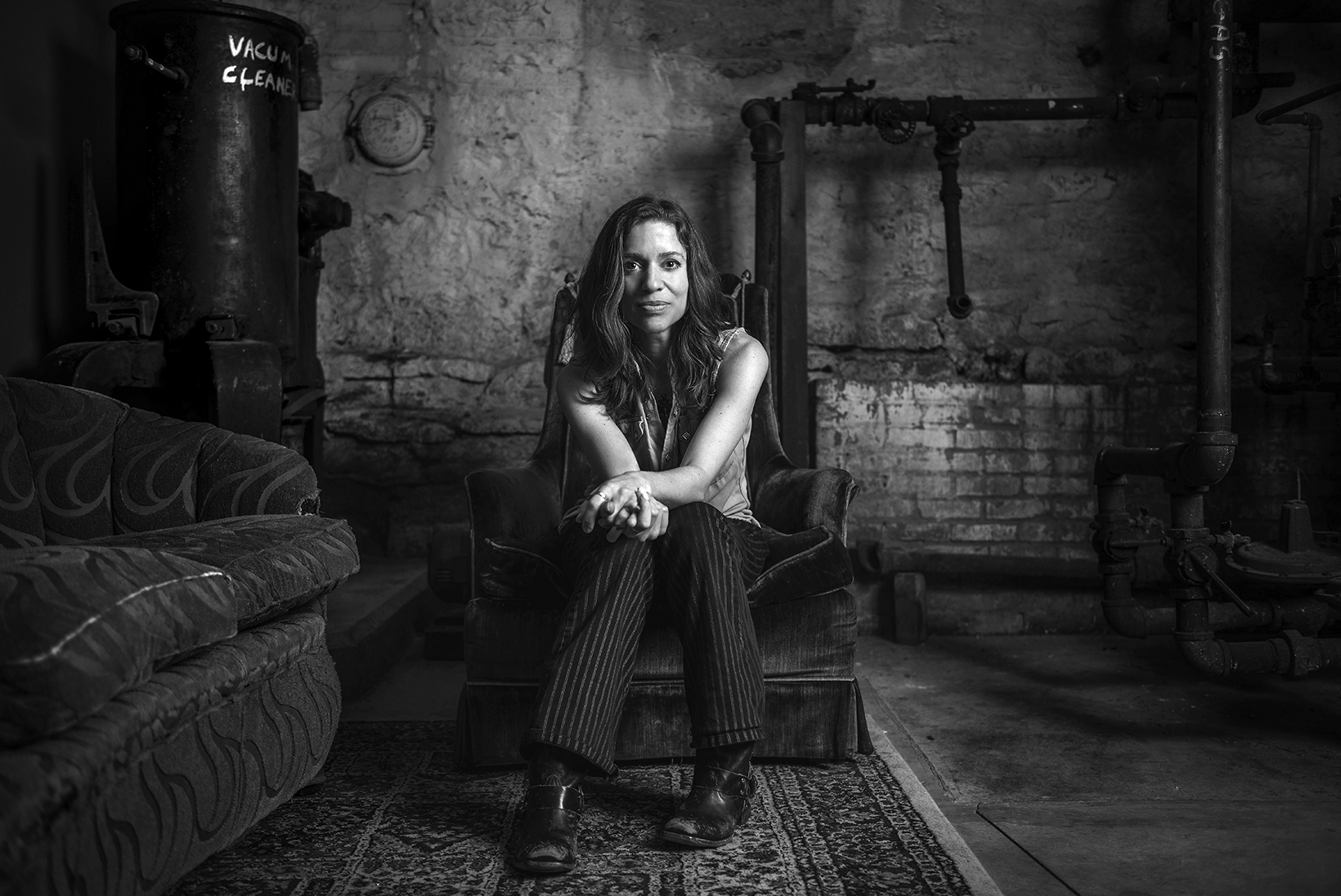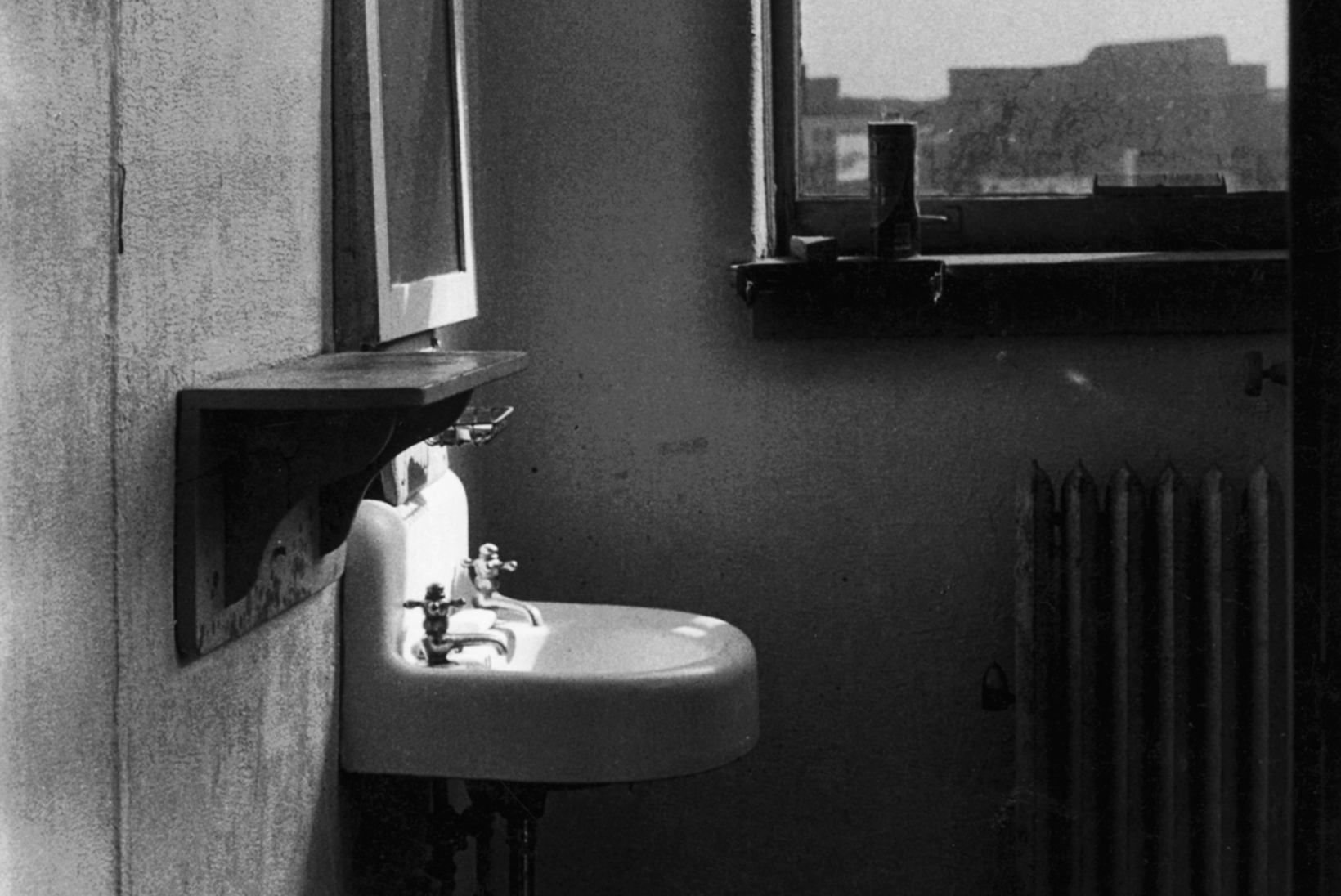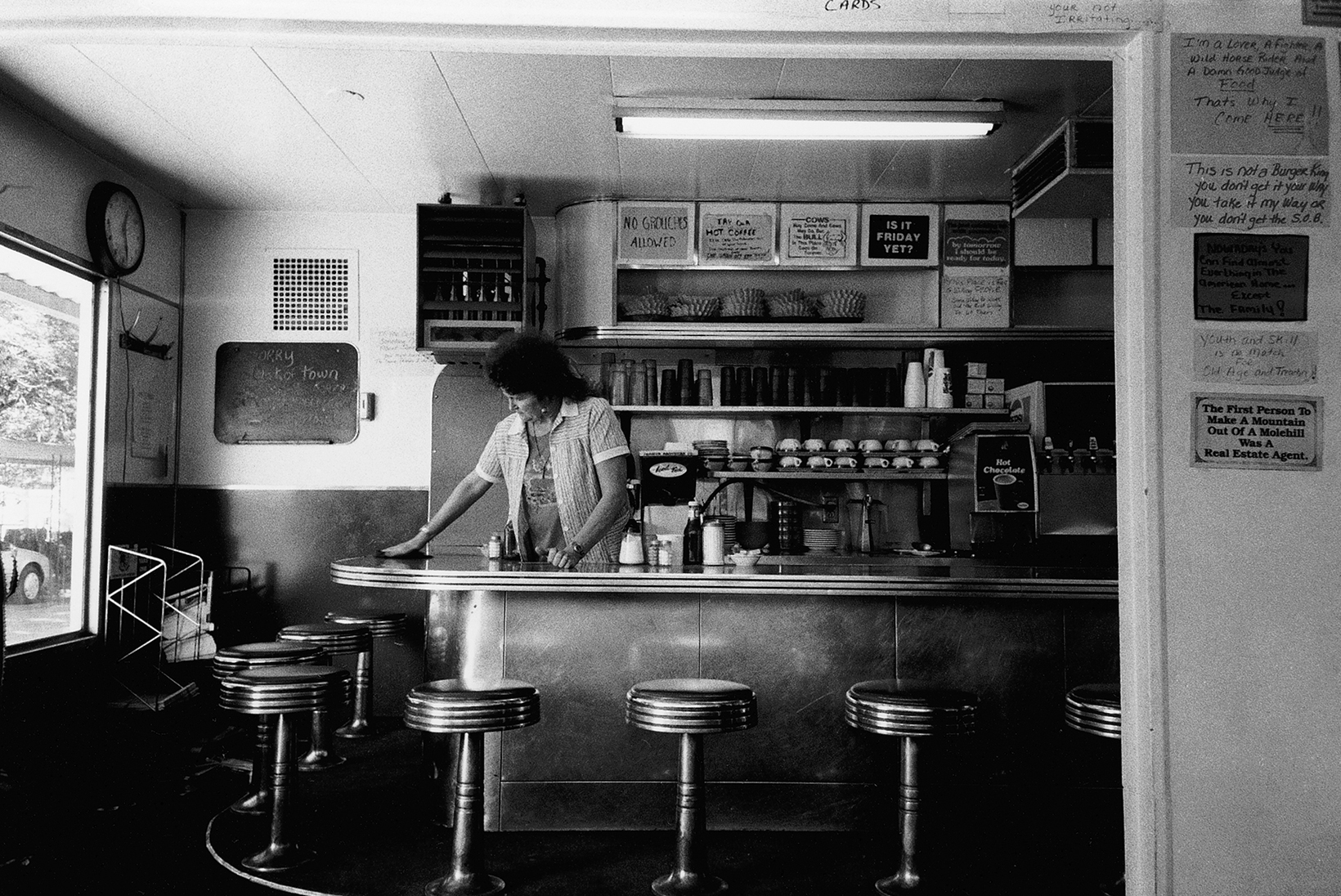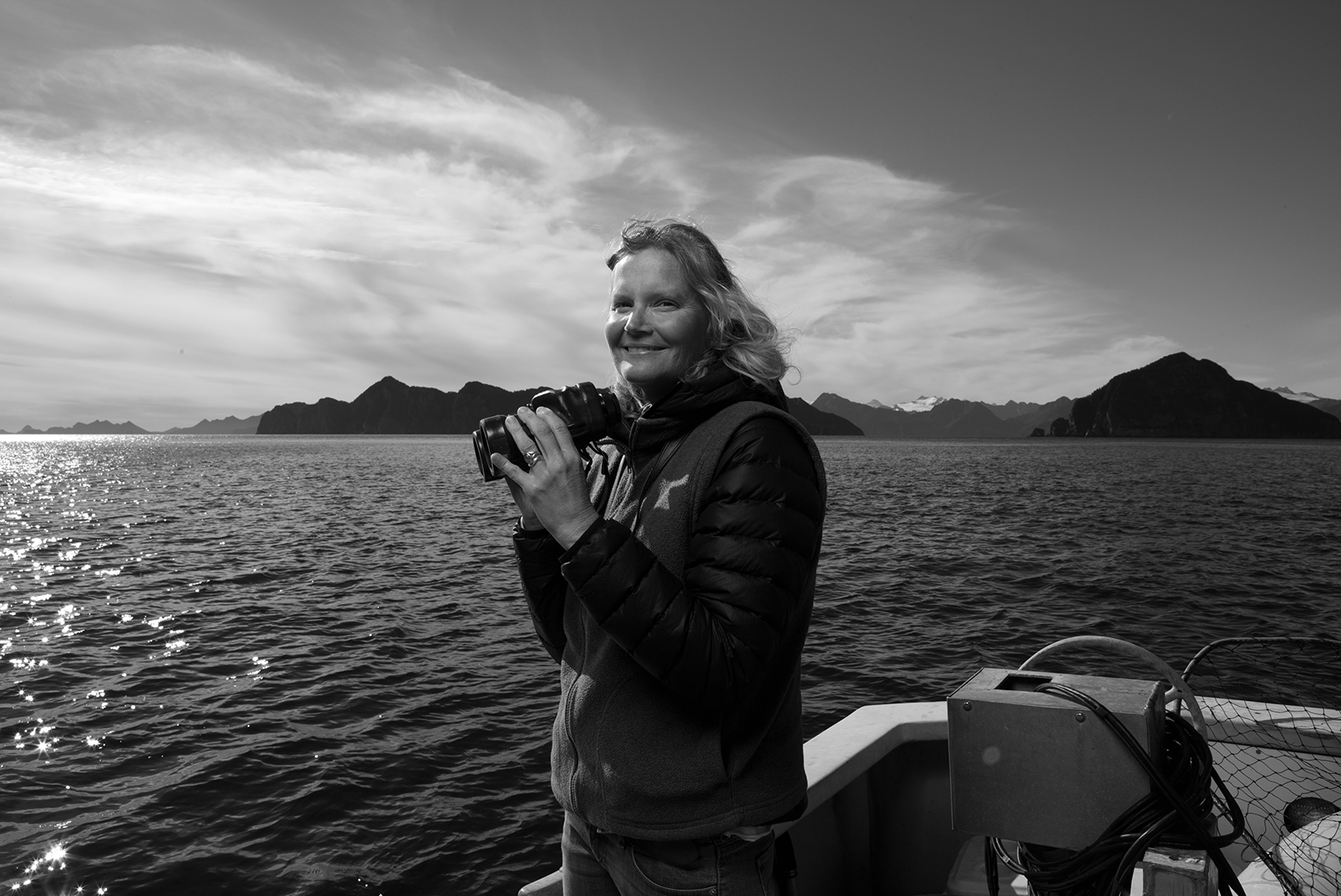Featured Selections
From the Archives
The Blessing Is Next To The Wound
A Conversation With Hector Aristizábal About Torture And Transformation
For a long time, during the dirty war in Colombia, when my friends were being shot dead all around me, my goal was just to survive. But after I was tortured, my goal changed. It was not just to survive, but to live a meaningful life. Sometimes, in the ordeal, we find the seeds of our identity.
October 2005Out Of The Ashes: Violence And Its Aftermath
An Interview With Judith Herman
Once you’ve seen, up close, the evil human beings are capable of, you’re not going to see the world, other people, or even yourself the same way again. Those of us who’ve never had such an experience might imagine how brave or cowardly we would be in extreme situations, but people who’ve been exposed to those situations know what they did and didn’t do. And, almost inevitably, they failed to live up to some expectation they had of themselves.
May 1998Telling Stories
How Television Skews Our View Of Society, And Ourselves — An Interview With George Gerbner
The notion that exposure to violence incites violence is itself media-driven. Exposure actually does something much worse than incite violence: it cultivates a sense of insecurity and dependence that makes people submit to indignities no human being should ever have to bear.
August 1998To Have And To Hold
Stephanie Coontz On The Past, Present, And Future Of Marriage
One quality that helps a marriage work is when partners respect each other and are each grateful for what the other brings to the relationship. Relationships run on an economy of gratitude. And if your partner needs to change his or her behavior, it’s important to ask for that change without attributing bad motives to the behavior. When you do argue, or when your partner gets angry, look for the soft emotion under the hard one and talk to that. A belief in the goodwill of the other person is critical.
September 2016Righteous Babe
Ani DiFranco On Music, Politics, And Staying Independent
You have to practice tuning out the noise of the culture to hear the messages transmitted from your gut and your heart. You have to become like a bird-watcher and be vigilant and develop the skills to spot and name the quick flash of awareness in yourself.
May 2016The End Of Economics
An Interview With Hazel Henderson
[Economics] tries to use equilibrium concepts to model a system which is in a constant state of disequilibrium and is continually evolving. As I began to dig into all of this, I decided that economics is politics in disguise. It is simply a way of rationalizing certain decisions about how to allocate resources from the point of view of the people who have the money to pay economists: the powerful interest groups like military contractors, politicians, trade associations, and the like.
November 1989Global Depression
Global depression, I could call it in clinical jargon to indicate the pervasive nature of the disorder in the psyche. But lately the term has taken on a new meaning for me, suggesting a worldwide malaise shaped by the unconscious link between our suffering and the wounds the earth itself sustains. It seems as if the degradation of nature has produced a dark, subliminal undertow affecting the collective psyche.
May 1995Free Rent At The Totalitarian Hotel
I lived downtown in an apartment complex that, for its Second Empire facade, transient tenantry, and despotic manager, I had dubbed the “Totalitarian Hotel.” The manager, Mrs. Vollstanger, was a gouty old Prussian and always wore pearls and thick, embroidered white sweaters.
June 2012Will Work For Food
Sharon Hays On The Real Cost Of Welfare Reform
Look at it this way: Keeping a child on welfare costs about sixteen hundred dollars a year in cash and services. To keep that same child in foster care costs about six thousand dollars a year. And if that child winds up in prison, the cost is around twenty thousand dollars a year. Most governments figured out a long time ago that welfare is the cheapest way to keep people out of institutions — and also to keep them from taking to the streets to protest their poverty.
August 2004Every Reason To Stay
Eva Saulitis’s Life With Whales
I have to say, what kept me there was not the science but the place. I wanted to be there in a way that had purpose. I didn’t want to visit or go on long kayak trips. I wanted to spend my life in Prince William Sound. For five years I lived at a field camp for three or four months at a time. The work gave me a purpose for being there: a part to play in protecting the ecosystem.
January 2017
